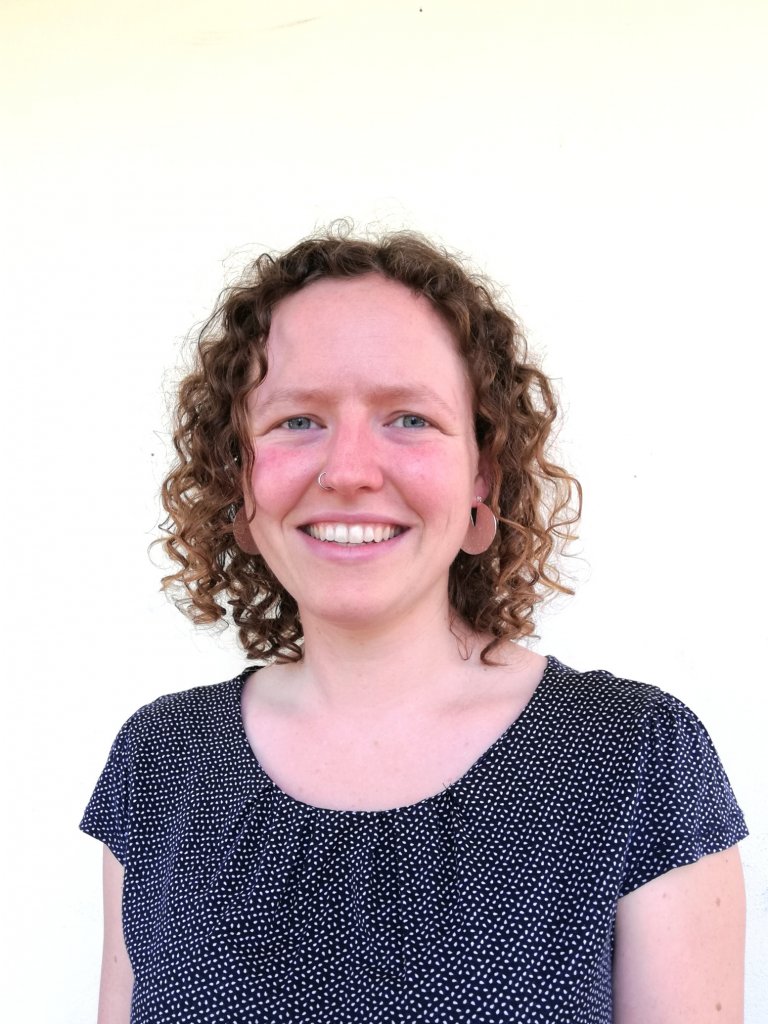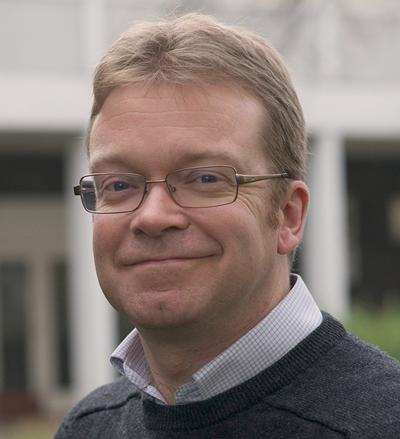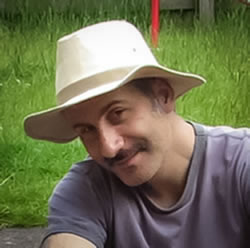Tuesday, 12th January 2021 at 09:00am – 10:30am. This event is now over. Summary here. The webinar recording can be accessed here.
This event is FREE-TO-MEMBERS. Register through Eventbrite here. Non-members are welcome – join the Network for free prior to registration..
In place of our Research Colloquium 2021, EBNet will be hosting a series of specialist webinars to support knowledge exchange amongst members. Register now to join the EBNet webinar “Organohalide Bioremediation – Current Approaches in EB“. Hear the latest developments from top speakers and participate in the online chat to engage with questions.

Featuring presentations from:
Dr Sophie Holland, University of New South Wales
Title: Bioremediation of Chloromethanes in Anaerobic Subsurface Environments
Dr Sophie Holland is a recent PhD graduate from the University of New South Wales in Sydney, Australia. Her research explores anaerobic bacterial degradation of organochlorines. She utilised an array of cultivation and ‘omics techniques to produce a comprehensive study of a novel, dichloromethane-fermenting organism for her doctoral thesis, and was awarded the University Medal for Microbiology following her undergraduate studies and research into a chloroform- and chloroethane-respiring bacterial culture. Dr Holland has a keen interest in bioremediation, the role of microbial communities in response to climate change, and microbial life in extreme environments. She is currently looking for a postdoc position where she can continue to pursue these research avenues.

Professor Andy Cundy, National Oceanography Centre (NOC), University of Southampton.
Title: Integrated Attenuation Strategies for Problem Organohalides
Andy is the Research Director of GAU-Radioanalytical, Professor of Environmental Radioactivity, and Director of Internationalisation in the School of Ocean and Earth Science, University of Southampton, at the UK’s National Oceanography Centre (Southampton). He has over 25 years research experience in the environmental cycling and behaviour of aquatic and terrestrial pollutants (radioactive, metal, organic, and plastic contaminants); environmental radioactivity and radiochemistry; and contaminated land, wastes and water management, in particular the “green” or more sustainable remediation of contaminated sites . Andy has worked across four continents in projects funded by government, environmental bodies, the European Union and private industry. He has published over 120 scientific papers and 2 patents, is a co-ordinating Editor for the journal Environmental Geochemistry and Health, an Associate Editor of ASCE Journal of Environmental Engineering, and is a member of the Geohazards committee of the UNESCO International Geoscience Programme, focused on international geoscience capacity building. He is an honorary Fellow of the Society for Environmental Geochemistry and Health, and a recently elected member of the ICS Anthropocene Working Group.
The Organiser/Chair of this event is:

Dr Tony Gutierrez, Heriot-Watt University is an Associate Professor in Environmental Microbiology and Biotechnology, School of Engineering and Physical Sciences, Heriot-Watt University.
The main research theme of our lab is on the identification, characterization, response, ecology and biotechnology of marine microorganisms.
One major focus of the lab is on oil-degrading bacteria. These organisms play a key role in the ocean by breaking down petrochemical contaminants, such during an oil spill. We have published widely on the microbial response to the Deepwater Horizon oil spill, and our research also focuses on the microbiology of sea surface and deepwater provinces, such as in the North East Atlantic where oil exploration is expanding. We are also bio-prospecting marine microorganisms for discovering novel types of bio-molecules, such as surface-active agents (bio-surfactants and bio-emulsifiers) for biotechnological applications.
We use conventional and sophisticated microbiological and molecular approaches (e.g. DNA stable isotope probing, CARD-FISH, next generation sequencing). Our aim is to discover and seek an enhanced level of understanding on the resilience of the marine environment to cope with the impacts of fossil fuel contamination – to use this information to combat future oil spills at sea, and exploit the biotechnological potential of marine microbes.
Further reading
Want some in-depth background reading to get up-to-speed on the acronyms? Try these latest papers.
A novel, dichloromethane-fermenting bacterium in the Peptococcaceae family, ‘Candidatus Formamonas warabiya’, gen. nov. sp. nov.
Sophie I Holland, Haluk Ertan, Michael J Manefield, Matthew Lee
bioRxiv. Publication date: 2020/1/1
Editorial: Organohalide Respiration: New Findings in Metabolic Mechanisms and Bioremediation Applications
Shanquan Wang , Jianzhong He , Chaofeng Shen and Michael J. Manefield
Front. Microbiol. 10:526
Dynamic capacity modelling of soil environment carrying capacity, and developing a soil quality early warning framework for development land in China
Xiaonuo Li, Andrew B. Cundy, Weiping Chena, Rui Liu, Sidan Lv
Journal of Cleaner Production. Volume 257, 1 June 2020, 120450


